Contract Labour in India Issues and Perspectives
After the economic reforms, employers in India, foreign investors, global financial agencies and the global rating agencies have been clamouring for reforming the governance of the labour market and the industrial relations system. They argue that the laws and regulations introduce ‘rigidities’ in the labour market and disenable the employers from responding quickly and suitably to the dynamic competitive economic system in the globalized economic environment. Two issues have been hotly debated, viz., the legal restrictions on retrenching workers and closure of firms and the contract labour employment system. Both the issues are organically related. Because employers are not able to dispense with the services of workers when the market conditions necessitate that or close down unviable establishments and relocate their resources to more productive uses, they resort to labour flexibility strategy. Thus, contract labour system, i.e., employing workers through contractors intermediaries is an important component of numerical flexibility and the incidence of contract labour has risen significantly, especially during the post-reform period.
Trade unions consider the contract labour system to be 'exploitative;' they demand regularization of the services of the contract workers, equal pay for equal work and better conditions of employment among others. Employers want freedom to use the contract labour system and demand removal of legal clauses providing for 'abolition' of the contract labour system. Both the social actors have held on to their positions in a rigid manner. It is in this context that the Indian Society of Labour Economics organized a panel discussion on the issues related to the contract labour system in its 52nd Annual Conference. The panellists comprised trade union leaders, senior human resource managers, a labour administrator, legal specialists, academics and consultants. Their papers form the contents of this monograph. The papers provide diverse perspectives legal, ideological, historic, economic, administrative etc. and examine the origin and the working of the contract labour system, and make suggestions arising out of these analyses, which could prove to be valuable inputs for both understanding the issues concerning the contract labour system and policy-making. Thus, the monograph could be a valuable reading material to academics, social actors and the policymakers.
Get it now and save 10%
BECOME A MEMBER
-
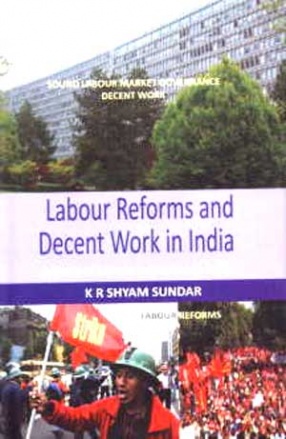
Labour Reforms and Decent Work in India: A Study of Labour Inspection in India
-
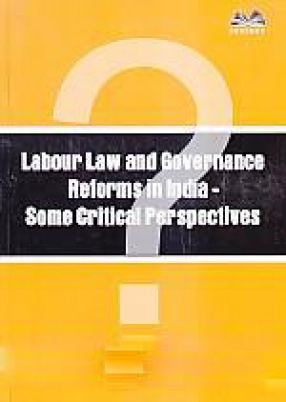
Labour Law and Governance Reforms in India: Some Critical Perspectives
-
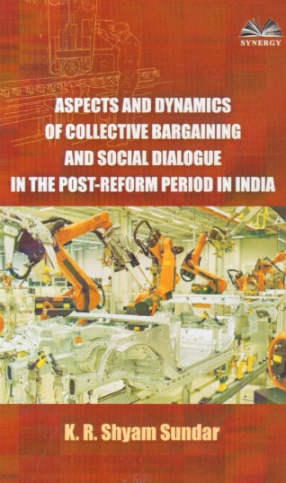
Aspects and Dynamics of Collective Bargaining and Social Dialogue in the Post-Reform Period in India
-
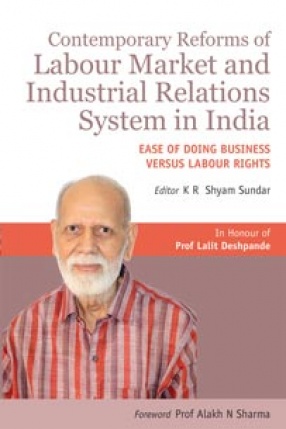
Contemporary Reforms of Labour Market and Industrial Relations System in India Ease of Doing Business versus Labour Rights

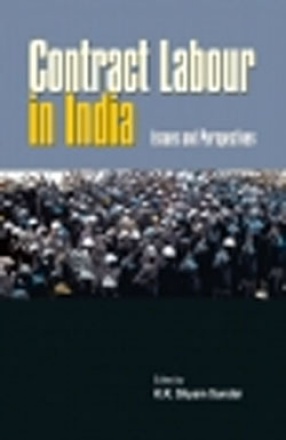
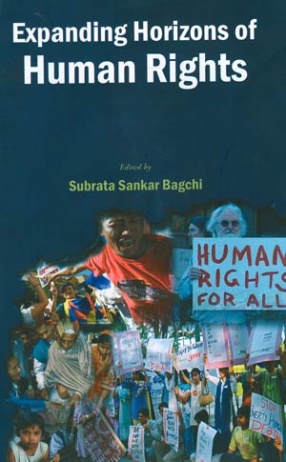

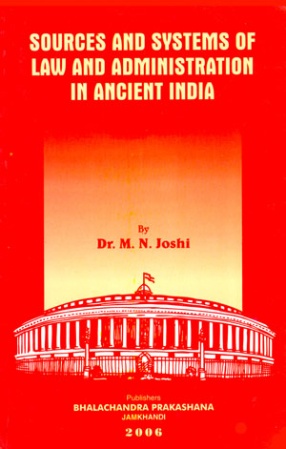


Bibliographic information